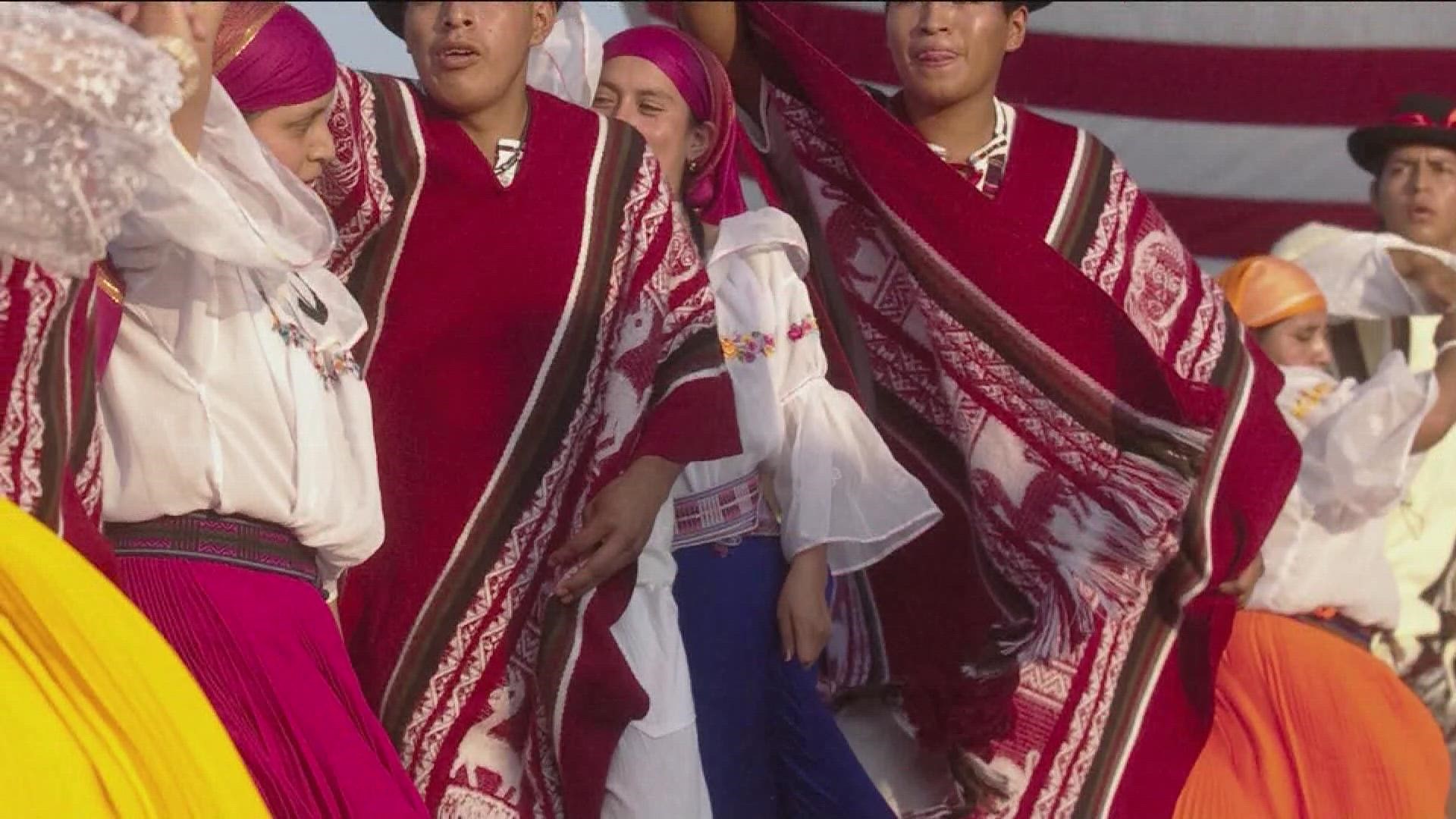BOISE, Idaho — Building generational wealth is the dream for many Americans, including the Hispanic and Latinx communities in Idaho.
“Invest in some way, the retirement plan. Have some life insurance in place and buy a house," said Cristian Sanchez, retirement specialist and wealth manager with Sanchez Financial Group.
For Idaho’s Hispanic and Latinx communities, attaining that comes with barriers. Sanchez says there are three gaps when it comes to building wealth, the first one being occupation.
"The Hispanic and Latinx community fall within two areas of occupations. Somewhere in the agriculture or construction industries,” Sanchez said.
The Idaho Commission on Hispanic Affairs' (ICHA) latest data book shows Hispanic and Latinx made up 12.5% of Idaho’s labor force in 2018.
"I think there is good income to be had on both sides. It’s just the bang for buck. The output for the reward is different than an attorney or a doctor. Some of these white-collar occupations,” Sanchez said.
Sanchez says because Hispanic and Latinx are more likely to work in lower-wage occupations, they earn less than non-Hispanics. A National Equity Atlas study shows the median wage for Latinos was $15 an hour compared to $22 for white, non-Hispanic people. That is a 32% difference, and for Latina women, the gap is even wider.
"In 2020, the average Latina earned 57.3% of what white or non-Hispanic men's earnings were,” Sanchez said.
Education is another barrier Hispanic and Latinx face when building generational wealth.
"If someone is not in an environment where they are continuously learning or getting education on investments or insurances, that gap starts to widen and widen,” Sanchez said.
Lastly, home ownership: Hispanic and Latinx are less likely to own their homes compared to non-Hispanics, according to the ICHA’s study. In 2018, about half of Idaho’s Hispanic and Latinx households owned their own homes, but Sanchez says that’s increasing.
"They work to own that home, and that becomes, frankly, one of the largest, if not the largest tool or asset that they have in their estate,” Sanchez said.
To help better serve and uplift underserved communities, Sanchez said it’s important to prioritize diversity in all three of these spaces.
"Reaching out to their communities and educating and helping them be financially literate, growing and doing financial planning for generations to come. I think we everyone would be a little happier,” Sanchez said.
Watch more Local News:
See the latest news from around the Treasure Valley and the Gem State in our YouTube playlist:

